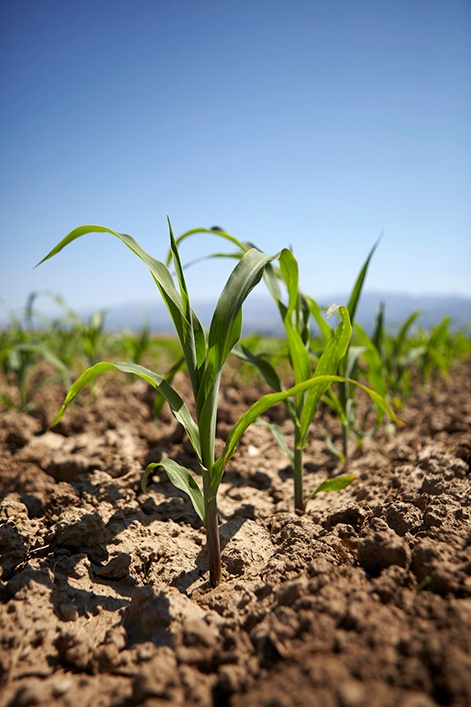 We all know the importance of nitrogen in producing a high-yielding corn crop, but it is easy to forget or even ignore that the timing of an nitrogen application can be the key to maximizing its benefits.
We all know the importance of nitrogen in producing a high-yielding corn crop, but it is easy to forget or even ignore that the timing of an nitrogen application can be the key to maximizing its benefits.
Nitrogen applied pre-plant can be susceptible to loss through volatility, denitrification or leaching, which means it may not be available for use by the crop at critical stages. Peak demand for nitrogen in a corn crop comes between V10-V14 (right before tasseling) and, although the demand measured in pounds of nitrogen taken up per day may slow, nitrogen is still a critical factor in grain fill.
One simple method to ensure that your crop has enough nitrogen to meet peak demand is to split your nitrogen application into a pre-plant application and a sidedress application. By delaying application of a portion of your nitrogen until the plants are better able to take it up (through a more developed root system) and utilize it, sidedressing can significantly benefit your nitrogen use efficiency (NUE, measured in lbs/N applied per bushel of grain)—and your yield. This application can be further enhanced with technologies including nitrogen stabilizers or Extract PBA, which helps to maximize the availability and uptake of the applied nitrogen.With increased scrutiny on nutrient leaching, combined with the need to drive more production out of the same acre, maximizing nitrogen uptake and utilization will become more and more important.
By applying all of their nitrogen up front, growers can miss out on a big opportunity to optimize nitrogen uptake and utilization by the plant. To meet the goals of increased production AND increased sustainability, growers will have to work hard to increase the NUE of their corn crops to lower the pounds of nitrogen used to produce a bushel of corn. For all of these reasons, it makes sense to sidedress.
Learn more about making the most efficient and effective sidedress nitrogen application with Extract PBA in a UAN sidedress program.





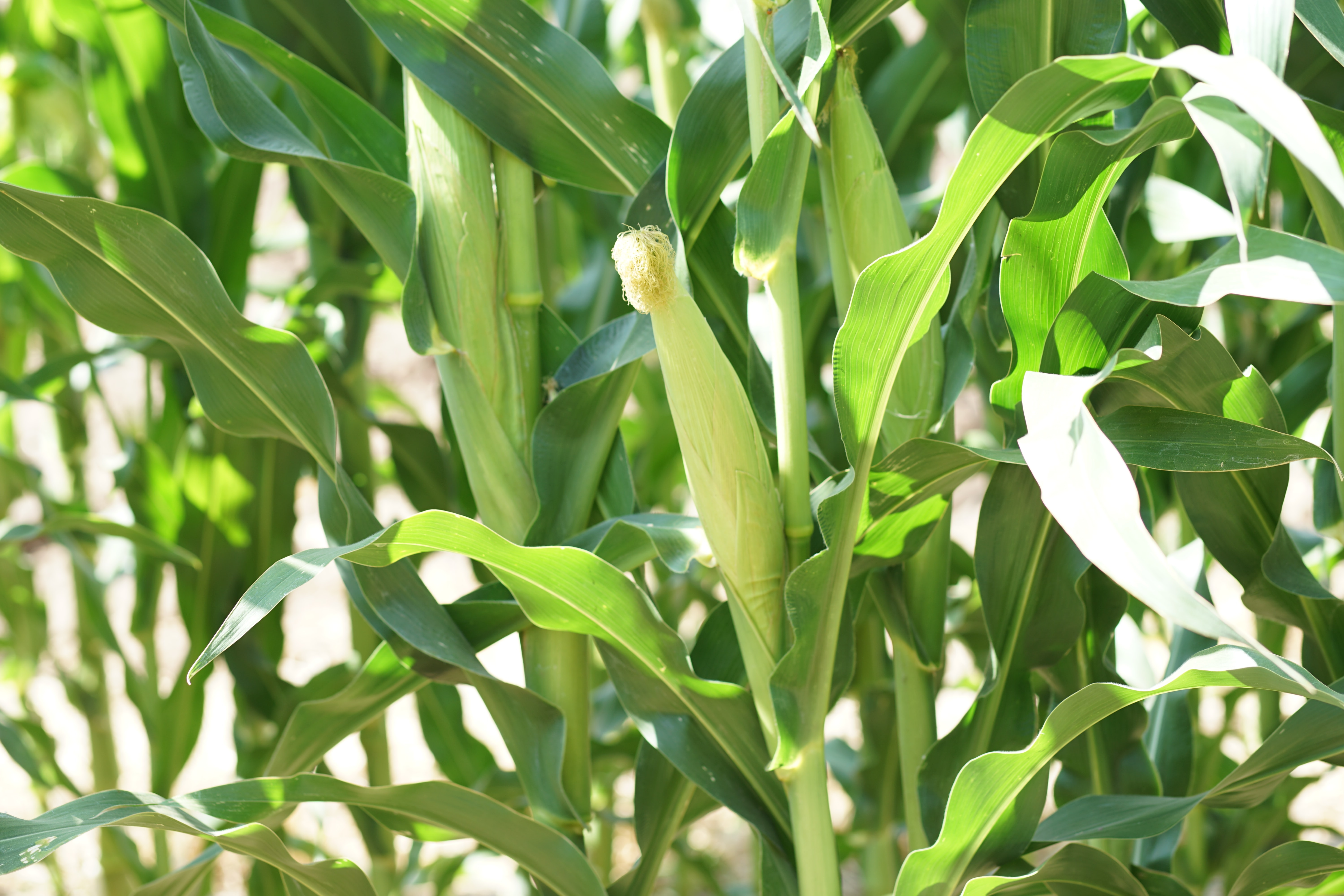

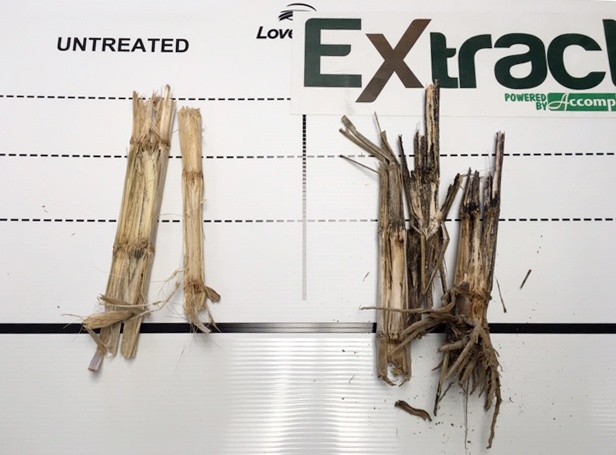




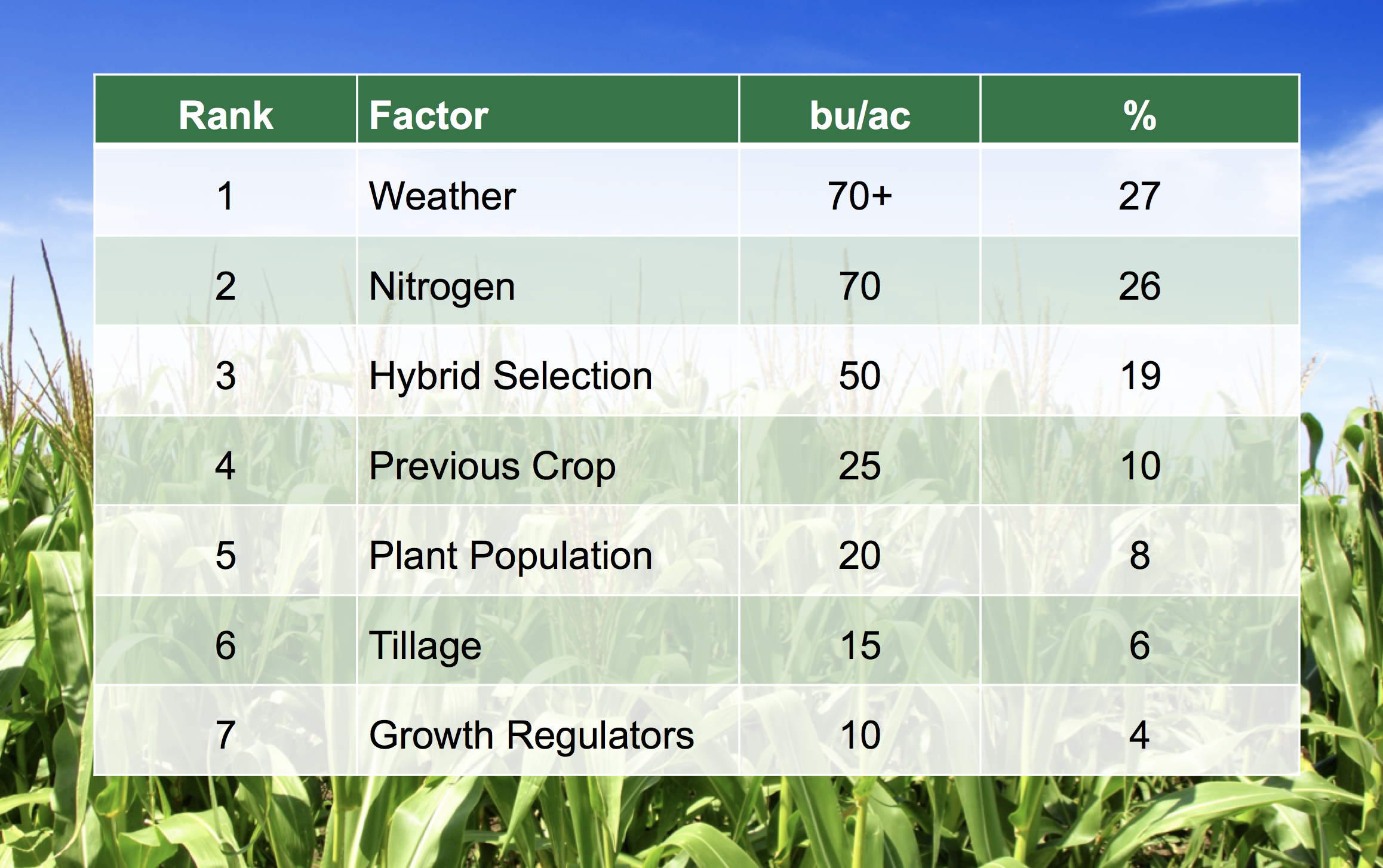
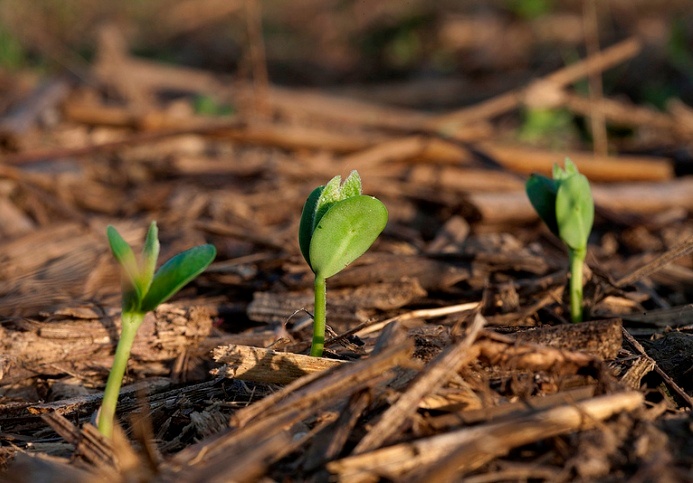


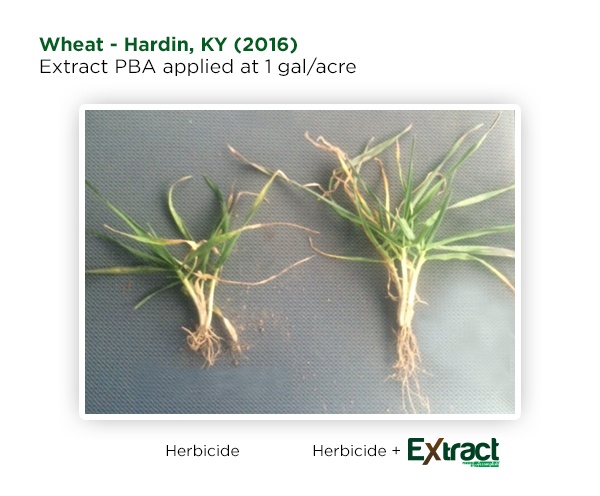

![Prove It to Me [Film]: Follow 5 Farmers Through the Growing Season](http://www.agricen.com/hubfs/ProveItSmall.png)

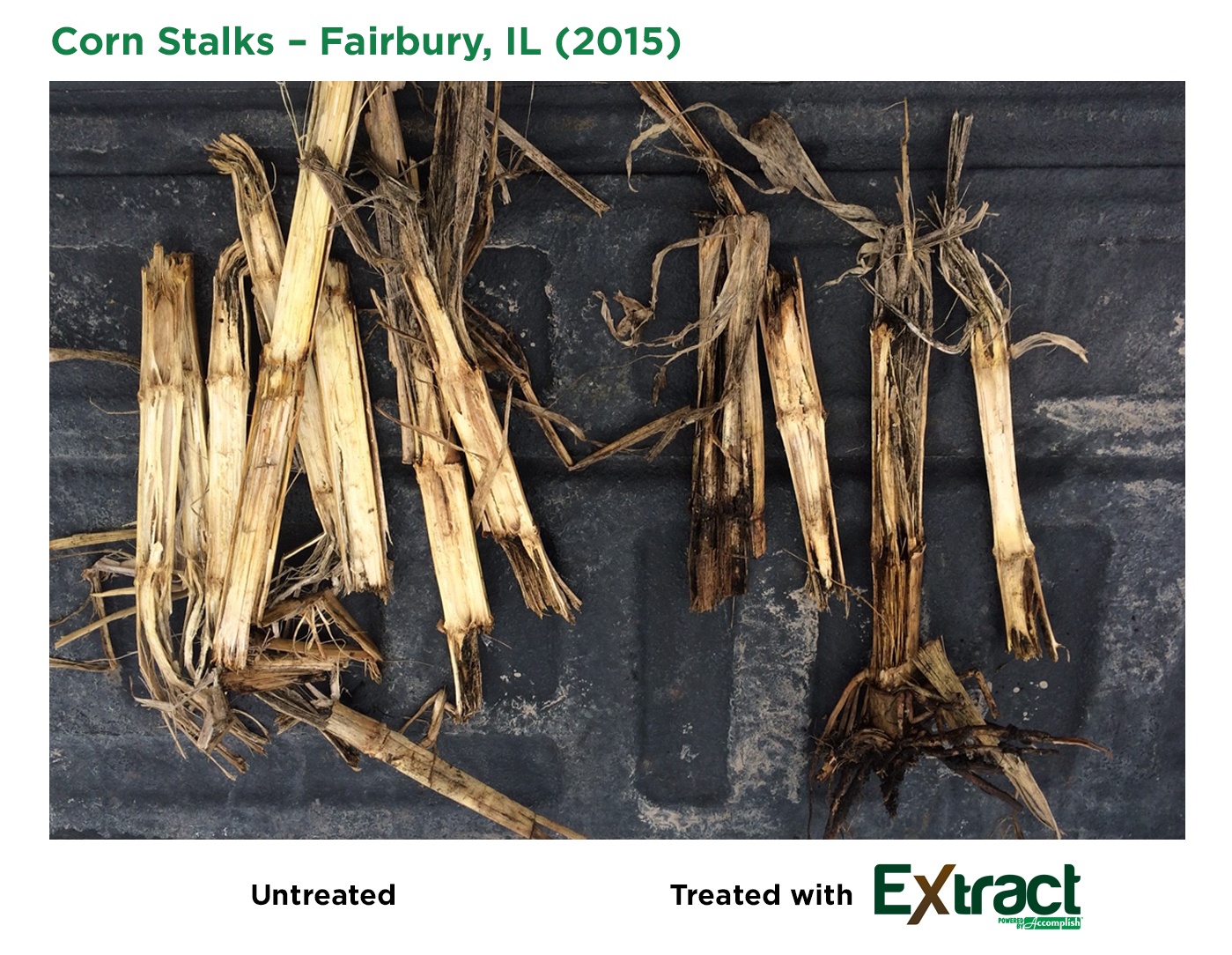

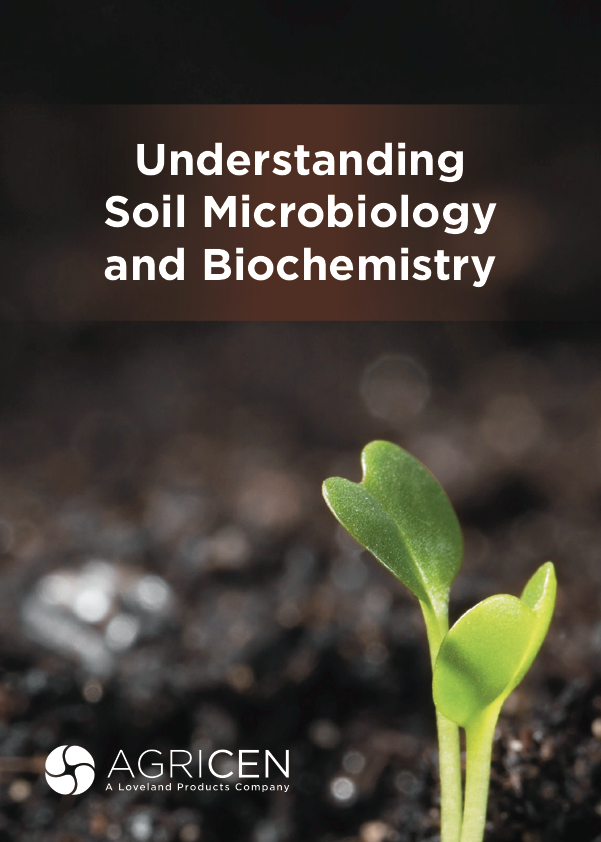

![Frequently Asked Questions About Extract PBA [New Booklet]](http://www.agricen.com/hubfs/Extract_FAQ_Image.jpg)

